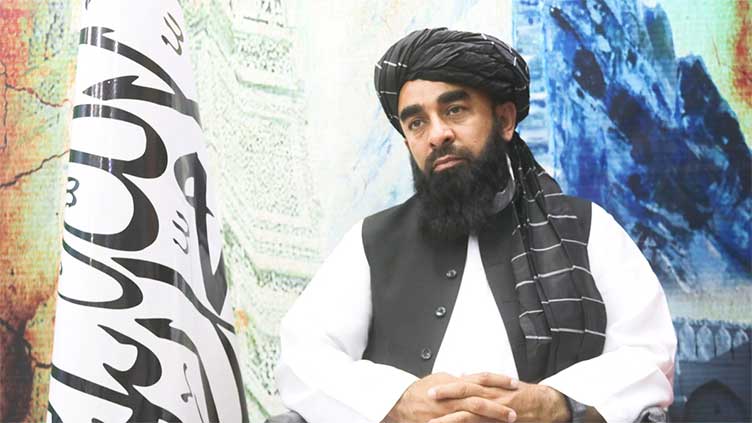Afghanistan's ruling Taliban vow to stay united despite "enemy" bids to cause rifts

World
Analysts have voiced concern that divisions in the Taliban might spill over into instability
KABUL (Reuters) – Afghanistan's Taliban rulers will stay united despite enemies' efforts to create divisions among the movement's leaders and the people, a spokesman said, ruling out the prospect of conflict or war stemming from differences of opinion.
Some analysts and diplomats have voiced concern that divisions in the Taliban, which fought a 20-year war against foreign forces and took over Afghanistan in 2021, might spill over into instability as they seek to restore control.
"Enemies" dreamed of sowing division in the Islamic Emirate of Afghanistan (IEA), Zabihullah Mujahid, a spokesman based in the southern city of Kandahar, said on X, referring to the Taliban by the term it uses for its government.
"To them, I say, listen carefully: you will never achieve your dream of creating divisions among the leaders of the IEA and taking their place," he said in an audio address on Monday.
"Consider it a mere illusion, the IEA remains a united front, and this system is the result of unity. Without unity, nothing would exist."
The remarks come after a Taliban leader spoke out last month against policies denying formal education to girls, while this week Taliban guards fired shots that killed one of them outside the main United Nations compound in Kabul, the capital.
Despite occasional differences in opinion, there was no conflict among Taliban leaders, Mujahid added.
"These discussions sometimes become public, but this should never be mistaken for division," he said.
"At the end of the day, they unite under one decision, it does not mean they rise against each other, harm one another, or engage in conflict and war."
Diplomatic and Taliban sources have previously told Reuters of years of disagreement among the Islamist administration's leaders over decisions by its supreme spiritual leader to close high schools and universities to female students.
The Taliban say they are discussing a plan and conditions for female students to return to school, but have not set a timeframe.
Curbs on education for girls and women was not in line with Islamic Sharia law, acting deputy foreign minister Sher Mohammad Abbas Stanekzai, who previously led a team of negotiators at the Taliban's political office in Doha, said in a speech in January.


